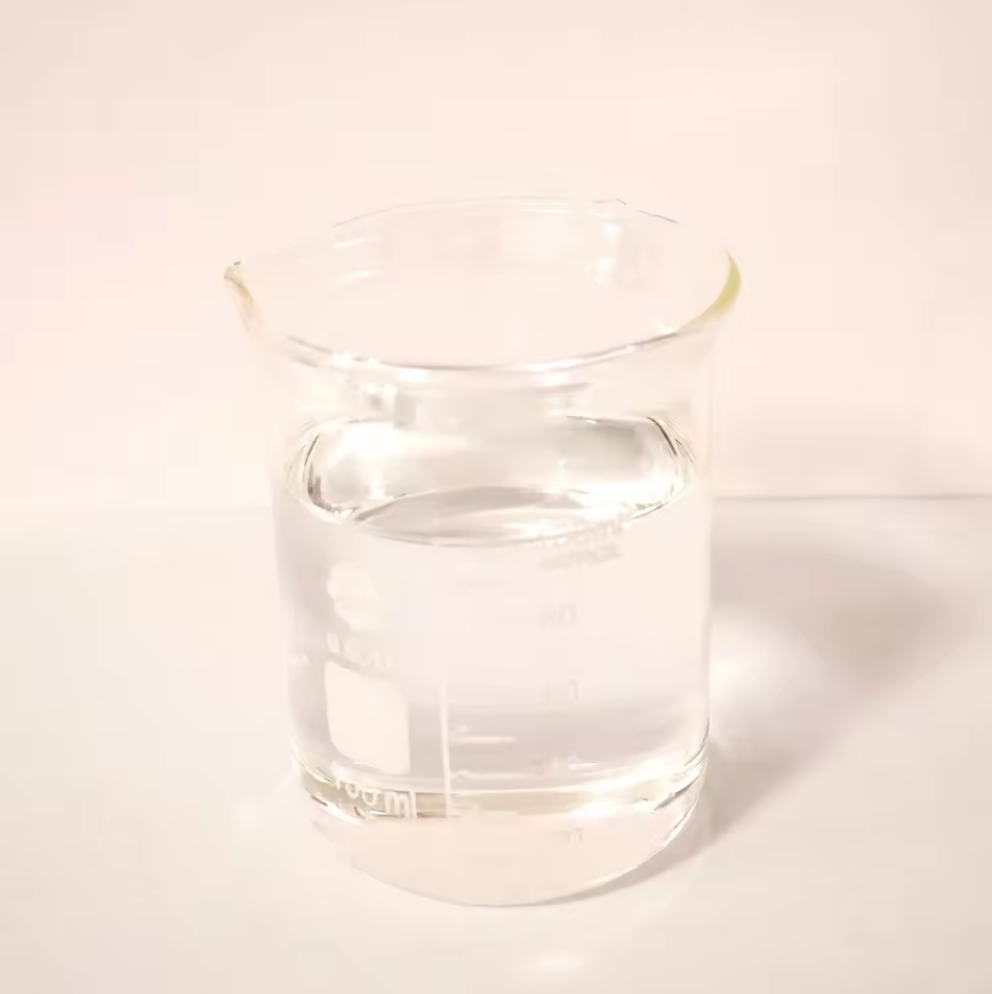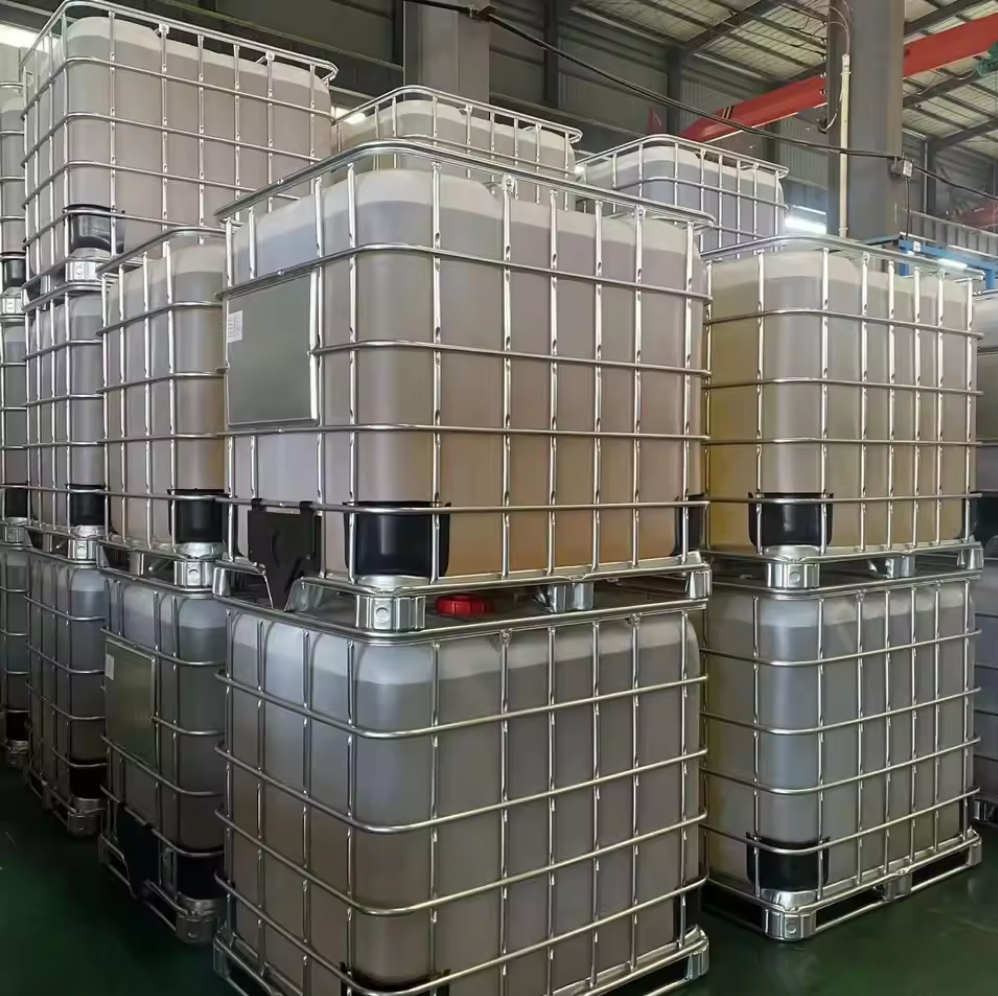Propylene Oxide
-
Category:
Specialty Chemicals
Your Questions and Comments
Your sales and customer service desk partners within China Amines Co will continue to serve you. You can also contact us via our headquarter office-
Email:info@chinaamines.com
China Amines Co
Product Profile
1. Chemical Structure and Properties
Molecular Formula: C₃H₆O
Structural Formula: CH₃CHCH₂O — A three-membered epoxide ring with a methyl substituent.
Physical Properties:
Appearance: Colorless, volatile liquid
Boiling Point: 34–35°C
Density: 0.832 g/cm³ at 20°C
Solubility: Miscible with most organic solvents; slightly soluble in water
Chemical Properties:
Highly reactive epoxide due to ring strain
Undergoes ring-opening reactions with acids, bases, and nucleophiles
Flammable and reactive with oxidizers
2. Industrial Applications
Polyether Polyols Production: Key intermediate in polyurethane manufacturing
Surface Coatings & Adhesives: Used in epoxy resins and specialty coatings
Solvent & Chemical Intermediate: Produces propylene glycol, glycols, and glycol ethers
Pharmaceuticals & Agrochemicals: Serves as an intermediate in certain drug and pesticide syntheses
3. Safety and Toxicology
Health Hazards:
Inhalation: Irritates respiratory tract; may cause headaches, dizziness
Skin/Eye Contact: Causes irritation and redness
Chronic Exposure: Potential carcinogenic effects (classified as possibly carcinogenic to humans, IARC Group 2B)
Fire & Explosion: Highly flammable; vapors may form explosive mixtures with air
Protective Measures: Use appropriate PPE, including gloves, goggles, and respirators; ensure proper ventilation
4. Environmental and Regulatory Considerations
Environmental Impact:
Volatile; can contribute to atmospheric pollution
Avoid release into water and soil
Regulatory Compliance:
Registered under EU REACH and listed on US TSCA inventory
Transport: UN 1280, Class 3 (flammable liquid), Packing Group I
5. Case Studies and Application Insights
Polyurethane Production: Propylene oxide reacts with polyols to form high-performance polyurethanes used in foams, elastomers, and coatings
Epoxy Resin Synthesis: Acts as a reactive intermediate improving resin flexibility and adhesion properties
Alternative Comparison: Compared to ethylene oxide, propylene oxide produces more hydrophobic polyols, making it preferred for certain coatings and adhesives applications



